The basic concept of Indirect Tax is that the person supplying goods or services, collects tax from the recipient and thereafter deposits the same with the Government. But in certain transactions, it may happen that the recipient of the goods or services is required to deposit the tax directly to the Government Treasury and this process is known as Reverse Charge Mechanism.
Under GST Law, Section 9 of the CGST Act, 2017 and Section 5 of the IGST Act, 2017 empowers the Central Government to notify such goods and services on supply of which the recipient shall be liable to pay applicable GST under the Reverse Charge Mechanism.
RCM ON SERVICES RECEIVED FROM GOVERNMENT
The Central Government by exercising its powers under Section 9(3) of the CGST Act, 2017 and Section 5(3) of the IGST Act, 2017 has notified various goods and services on supply of which the recipient is liable to pay applicable GST. One of the services notified, vide Notification No. 13/2017-CT (R) dated 28.06.2017 and Notification No. 10/2017-IT (R) dated 28.06.2017, is the service received from the Government by the business entity. The entry can be understood as under:
- Category of Supply – Services supplied by the Central Government, State Government, Union Territory or Local Authority to a business entity;
- Supplier – Central Government, State Government, Union Territory or Local Authority;
- Recipient/ person liable to pay GST – Any business entity located in the taxable territory.
Thus, a business entity receiving services from the Central Government, State Government, Union Territory or Local Authority, shall be liable to pay applicable GST under the Reverse Charge Mechanism.

Applicability
The term ‘business entity’ is not defined in the above notification. But reference can be taken from Notification No. 12/2017- CT(R) dated 28.06.2017, which provides that business entity means any person carrying out business.
Thus, the aforementioned entry is applicable to all the person carrying on the business activity within the taxable territory.
EXCEPTIONS
Class of Services
The Notification No. 13/2017-CT (R) dated 28.06.2017 and Notification No. 10/2017-IT (R) dated 28.06.2017, also provides certain exceptions i.e., the recipient is not required to discharge GST on receipt of the following services from the Central Government, State Government, Union Territory or Local Authority:
a) renting of immovable property;
b) services by the Department of Posts by way of speed post, express parcel post, life insurance, and agency services provided to a person other than Central Government, State Government or Union Territory or Local Authority;
c) services in relation to an aircraft or a vessel, inside or outside the precincts of a port or an airport; and
d) transport of goods or passengers.
Monetary Limit
The Notification No. 12/2017-CT (R) dated 28.06.2017 and Notification No. 8/2017-IT (R) dated 28.06.2017 provides that where the consideration against the services provided by Central Government, State Government, Union Territory or Local Authority does not exceed INR 5,000/- then such services shall be exempt from GST.
Thus, in cases wherein the amount payable to the Central Government, State Government, Union Territory or a Local Authority, for the services provided by them, is upto INR 5,000/-, the recipient is not required to pay GST on the same under the Reverse Charge Mechanism.
CONCLUSION
The Central Government, vide Notification No. 13/2017-CT (R) dated 28.06.2017 and Notification No. 10/2017-IT (R) dated 28.06.2017, has burdened the business entities/ taxpayers to pay GST under the Reverse Charge Mechanism on the services received from the Government.
In order to determine the liability to pay tax under the Reverse Charge Mechanism on services received from the Government, the taxpayer has to consider three factors:
- First, whether the amount paid to the Government is below INR 5,000/- or not;
- Second, whether the amount paid is against any services or is merely a deposit of taxes, duties or cess;
- Third, if the amount is paid against any service, then the said service is not an exception mentioned under the aforesaid notifications.
In the coming time, it will be interesting to see that, whether the late fees or penalty paid to the Government can be considered as an amount paid against any services.
ABOUT US
AMLEGALS is a multi-specialized law firm. We would love to hear your views, queries, feedback and comments on anand@amlegals.com or anshul.jain@amlegals.com





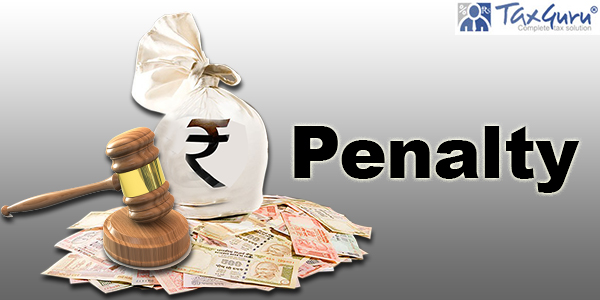



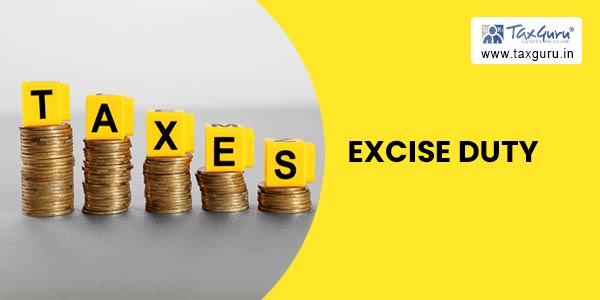



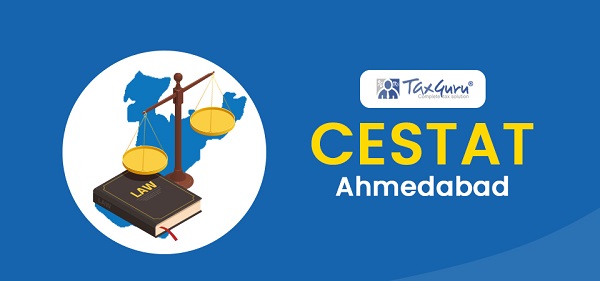

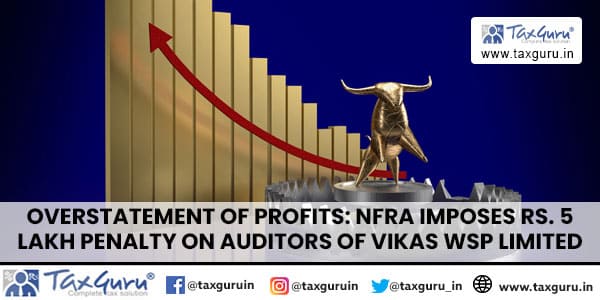
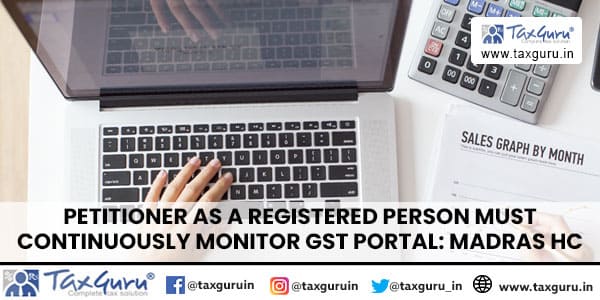
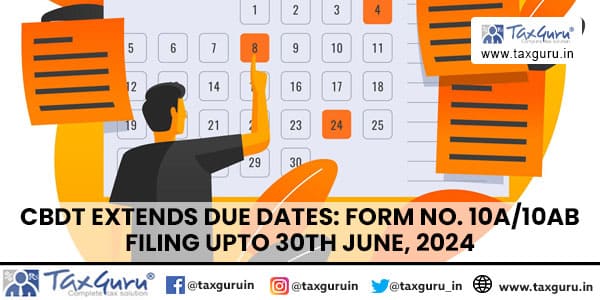
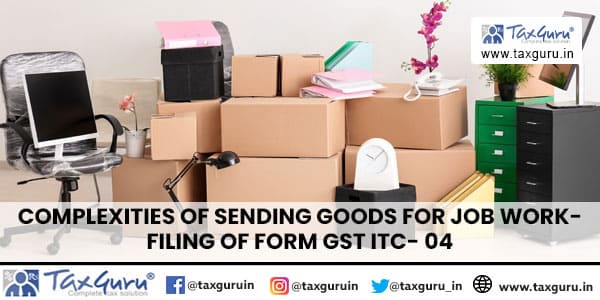



I am a lawyer and President of a leading Service Coop Bank,constituted under the Kerala Coopertaive Societies Act 1969. The Act provides for statutory Audit by the State Co-operative Department. Audit inspector is appointed for the Bank and his salary and allowances is reimbursed to the Govt. . .
Is it not performance of a statutory duty as envisaged under the Act and the 97th amendment of the Constitution of India. How can it be termed “SERVICES” SO AS TO BECOME exigible to GST Under the GST laws Please furnish your valuable views., .
c
I am Senior Advocate and President of a leading Service Coop Bank,constituted under the Kerala Coopertaive Societies Act 1969. The Act provides for statutory Audit by the State Co-operativie Department Usually an audit inspector is appointed for the Bank and his salary, allowances and remueration if to be remitted to the Govt. Sometimes an Auditor is appointed for audit of two such Primary Cooperative Societies and his remumeration is shared by two BAnks. .
It is, strictly speaking, performance or discharge of it duty and cannot be called services by the State Govr. but a discharge of its statutory duty cast on them by the 97th amendment of the Costitution of Inida. But the department is sending demand notices for the remuneration of such auditors , treating as service exigible to Cenrral and State and imposing penalties. I SHALL BE OBLIGED IF CAN HAVE VIEWS OF EXPERTS AND TO SEE WHETHER THE LEVY IS LEGAL AND PROPERTY AND IF NOT TO ENABLE US FILE APPEALS AND AND AGITATE THE MATTER. PLEASE CONSIDER THIS AS URGENT. THANK YOU, .
c
Is RCM applicable if the turnover of the previous year of the service recipient during prev year was Rs. 19 lakhs.